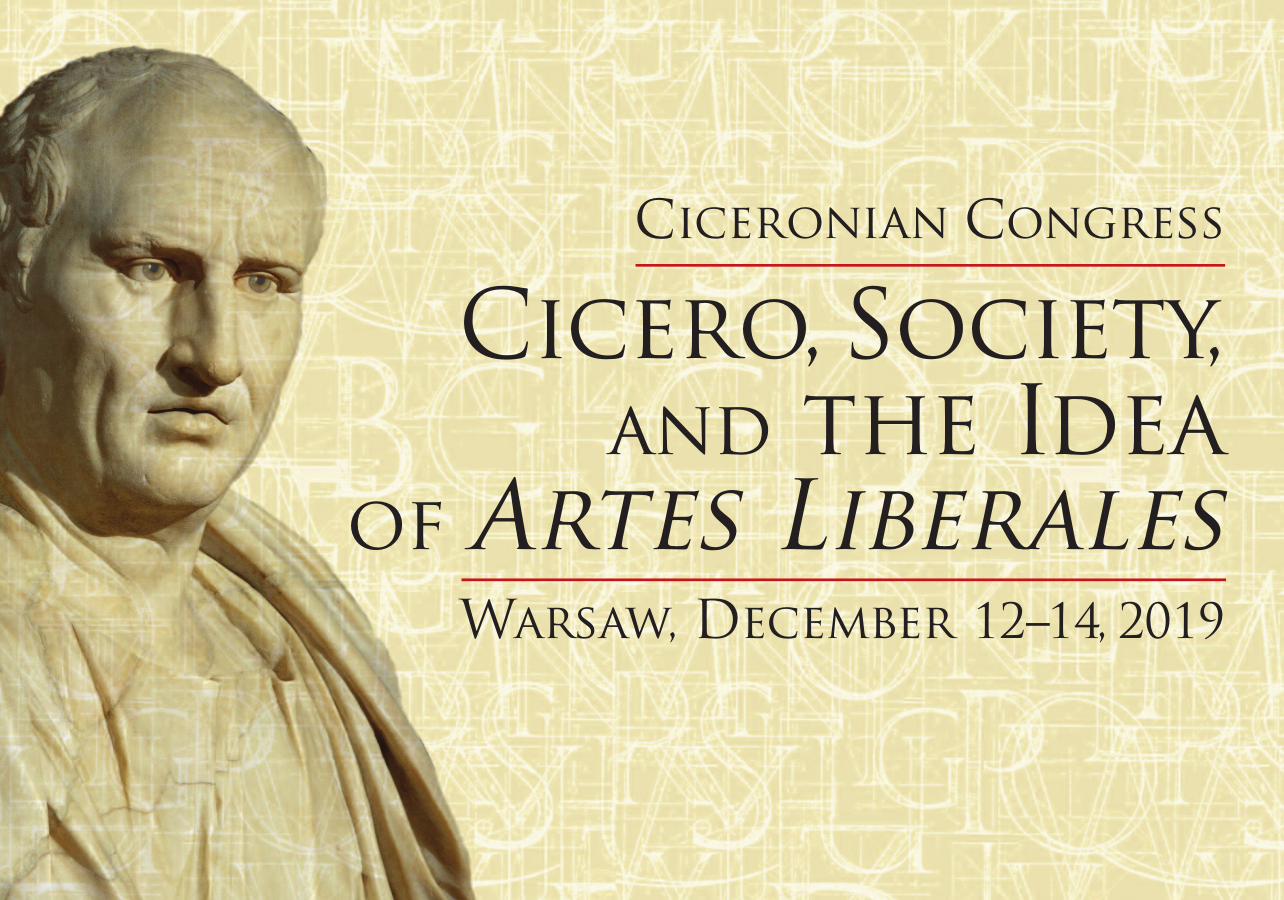Cicero’s De officiis in Humanist School Instruction – The Philologus Incomparabilis Hieronymus Wolf and His Great Commentary (1563)
DOI:
https://doi.org/10.13135/2532-5353/5497Abstract
Hieronymus Wolf (1516-1580), Rector of the Gymnasium at Augsburg, was one of the most prominent Classicists of the 16th century. Cicero’s De officiis was regarded at Wolf’s time as the best Latin book on moral philosophy. Wolf read that text with his students, commented on it, and published an edition with commentary at Basel 1563. The great commentary differs essentially from the usual philological commentaries: not only does it offer literary and structural explanations, but it also analyzes the morality of Cicero’s statements, and instructs its readers to act accordingly. Thus, it is a revealing document of humanist school instruction. The paper shows this commentary’s context and peculiarities in general, and also by a catalogue of specific examples.
Downloads
Downloads
Published
How to Cite
Issue
Section
License
Authors who publish with this journal agree to the following terms:
- Authors retain copyright and grant the journal right of first publication with the work simultaneously licensed under a Creative Commons Attribution License that allows others to share the work with an acknowledgement of the work's authorship and initial publication in this journal.
- Authors are able to enter into separate, additional contractual arrangements for the non-exclusive distribution of the journal's published version of the work (e.g., post it to an institutional repository or publish it in a book), with an acknowledgement of its initial publication in this journal.


 Ciceroniana On Line is recognised by ANVUR (the National Agency for the Evaluation of the University System and Research) as a CLASS A journal for the Sciences of Antiquity, Philology, Literature and History of Art (
Ciceroniana On Line is recognised by ANVUR (the National Agency for the Evaluation of the University System and Research) as a CLASS A journal for the Sciences of Antiquity, Philology, Literature and History of Art ( The journal is included in DOAJ. The DOAJ listing of the journals is available at
The journal is included in DOAJ. The DOAJ listing of the journals is available at  The journal is indexed in
The journal is indexed in  The journal has been included in ERIH PLUS. The ERIH PLUS listing of the journals is available at
The journal has been included in ERIH PLUS. The ERIH PLUS listing of the journals is available at 

